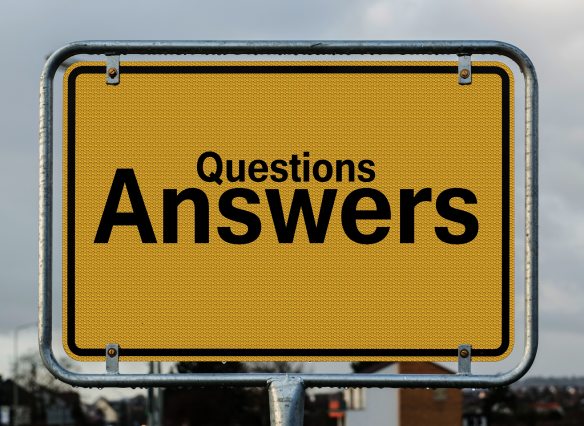This is a question we’re often asked when preparing for a real estate closing. If you’re looking into buying a new home, be aware that title insurance is typically an important factor in the closing process.

What Is Title Insurance?
Title insurance is a type of insurance policy that covers the mortgage lender’s interests in the transaction (Lender’s Title Insurance) and your financial investment in the property as the future homeowner (Owner’s Title Insurance). However, it’s important to understand that title insurance on your property doesn’t fall under the blanket protection of a single policy: Lender’s and Owner’s Title Insurance policies are indeed separate policies, each of which carry its own premium.
Lender’s Insurance Is Usually Required. Owner’s Insurance Is Highly Recommended.
Let’s start by saying that purchasing a Lender’s Title Insurance Policy is usually non-negotiable. Most mortgage lenders require homebuyers to have this type of policy to cover their interests in the case of title defect or other issue. But an Owner’s Title Insurance Policy, on the other hand, is entirely optional.
We do, however, strongly advise that you purchase an Owner’s policy, to protect against the loss of your home, further financial responsibilities and time in court in the event that clouds or defects on the title to your home surface in the future. See our page on title insurance to learn more on the benefits of having this coverage.
The Option to Choose Depends on Your State
Since purchasing Owner’s Title Insurance is optional, many homebuyers wish to know if they can choose their own title insurance company, or shop around for the best deal. In some states, this may be allowed. However, Virginia maintains strict regulations over the insurance industry, leading most underwriters to remain competitive in their pricing when it comes to premiums.
Whether you choose a standard or enhanced Owner’s Title Insurance plan, the difference in fees from one insurance provider to the next will likely be negligible. It’s also worth noting that purchasing an Owner’s Policy enables a discount on the Lender’s Policy, known as a “simultaneous discount rate.”
At Linear Title & Escrow, we put the interests of the homebuyers and sellers we are privileged enough to work with first. Our process of procuring title insurance involves working with only the most reputable insurance companies in the industry. For more information on title insurance policies or premiums, please contact us today.



 Buying a home is an exciting venture, whether it’s the first time or the fifth. It takes a certain amount of strategizing, from finding the perfect location to getting your offer accepted. Once approved for your home loan, the last step is to lock in your rate and count the days until your closing date. But when is the best time to close on a home? Is there a certain time that works more to your advantage?
Buying a home is an exciting venture, whether it’s the first time or the fifth. It takes a certain amount of strategizing, from finding the perfect location to getting your offer accepted. Once approved for your home loan, the last step is to lock in your rate and count the days until your closing date. But when is the best time to close on a home? Is there a certain time that works more to your advantage?